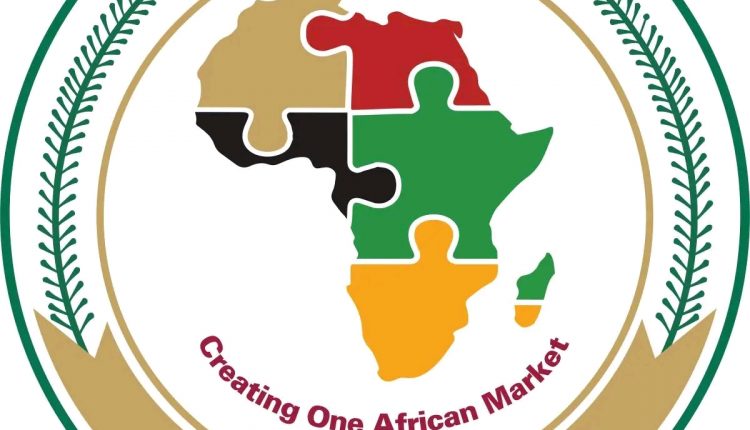UN Expert Highlights AfCFTA’s Transformative Potential for Africa
Addis Ababa, June, 24, 2025 (FMC) — The African Continental Free Trade Area (AfCFTA) is set to revolutionize Africa’s economic landscape by creating a unified market that supports large-scale investment and industrialization, Melaku Desta, Africa Trade Policy Centre Coordinator at the UN Economic Commission for Africa said.
The AfCFTA aims to foster intra-African trade, allowing countries to become markets for each other’s products.
The coordinator noted that the AfCFTA addresses the historical limitations of over 50 small and fragmented economies.
“First, we have over 50 small and fragmented economies and markets. Each of them, most of them, are for example too small to support large-scale investment and large-scale industrialization.”
Furthermore, the continental free trade area seeks to keep value addition within Africa.
“We export the raw material and we re-import the processed product, often from Europe, often these days from Asia. But within the continent, there are pockets of capacity that can do this.”
Melaku advocated for regional value chains, pointing out that “instead of sending it outside the continent, we can create the regional value chains so that we can produce the raw material here, add the value, process it, go into the intermediate stage in another place, and finish it still in yet another place. And the value remains within Africa.”
For him, a developed Africa, an advanced Africa, becomes a market for its own products.
If Ethiopia is able to produce and sell to Kenya, and if Kenya is able to produce and sell to Ethiopia, they would both benefit a lot.
According to him, this approach will lead to economic independence by overcoming colonially imposed borders and creating a large enough market to attract significant investment, fostering economies of scale for large-scale production.
Acknowledging that the short-term GDP impact might be modest, Melaku stressed the long-term benefits of the AfCFTA as a crucial first step.
He projected that inter-Africa trade, currently around 16-17 percent, could significantly increase to about 34 percent by 2045, ENA reported.
“Africa’s export trade is dominated by primary commodities. You look at Africa’s trade with itself. It is significantly dominated by the manufacturing sector. That’s why we say the AfCFTA is actually a tool for Africa’s industrialization.”
The initiative is also poised to significantly benefit Africa’s 16 landlocked countries, he elaborated.
“In fact, the landlocked countries benefit more from an integrated market rather than from a fragmented market,” he stressed, adding that “an AfCFTA that’s fully implemented will reduce, if not completely nullify, the role of political boundaries.”
The coordinator finally envisioned a future where “trucks can be driven across borders without even knowing the border exists. That’s reduced cost, that’s reduced transaction. Who benefits more from that? The landlocked countries.”

